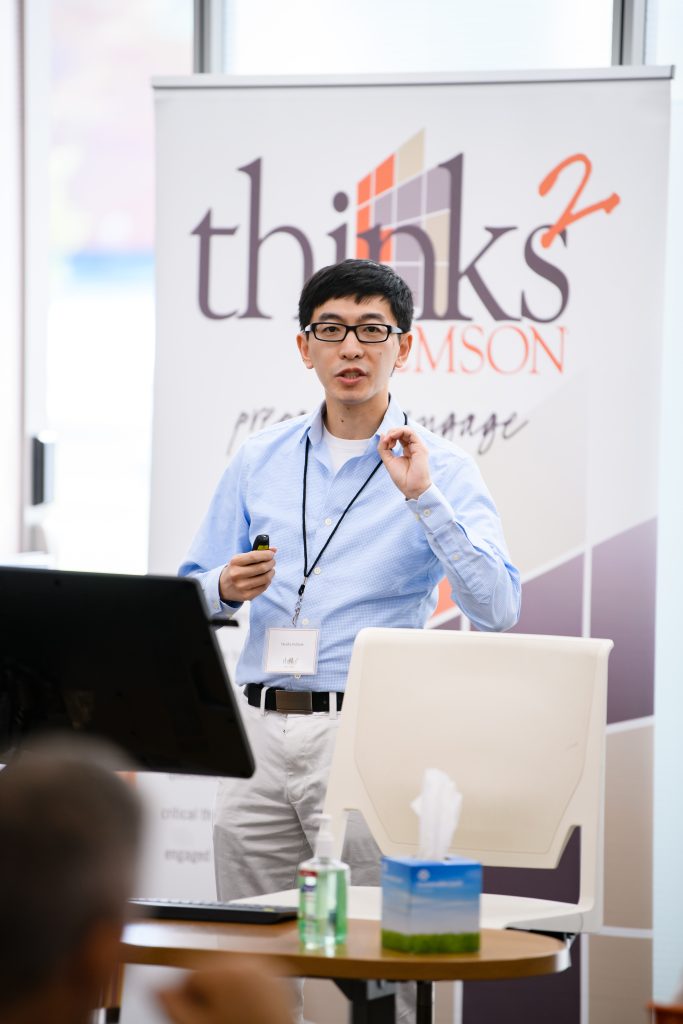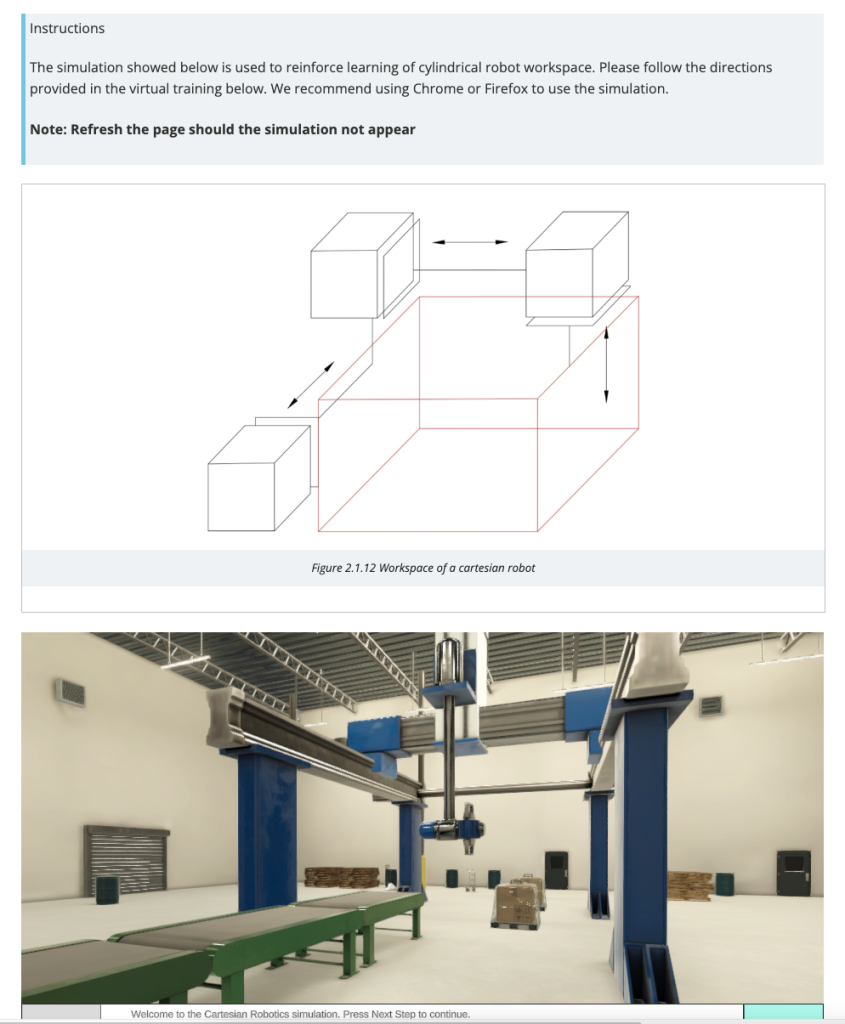College students spend an average of about $1,200 per year on textbooks, according to the Education Data Initiative. Compared to other higher education expenses, textbooks have been the fastest-rising student expense of the last two decades, according to data from the U.S. Bureau of Labor Statistics. Clemson University is partnering with Tuskegee University and Trident Technical Community College to help address that issue by creating their open educational resource materials, specifically for classes in STEM fields. The project is supported by a $1.24 million grant from the U.S. Department of Education.
The Collaborative Development of Robotics Education and Advanced Manufacturing Open Educational Resources (Co-DREAM OER) project received $760,000 last year to develop three openly licensed textbooks and other digital educational materials on robotics — one at the technical college level, one at the bachelor’s degree level and one at the graduate education level.
The latest round of funding will allow for the development of six more textbooks in the areas of advanced manufacturing and mechatronics, subjects that were chosen because they support the growing advanced manufacturing industry in South Carolina and other parts of the country.

Yang Wu, open resources librarian and Co-DREAM principal investigator

An example of the interactive graphics in the robotics e-textbook that the Co-DREAM project is developing
Yang Wu, open resources librarian and principal investigator on the grant, said the project will help remove barriers that prevent students from entering STEM fields.
“Textbooks are very expensive, especially in certain STEM courses, and having expensive textbooks can create a barrier for some students to enter certain majors,” said Wu. “We hope that
by reducing the cost of textbooks, we can increase entry into these fields, increase equity and contribute to workforce development in South Carolina and across the Southeast, where advanced manufacturing is growing.”
Clemson’s work on the grant is being done by Clemson Libraries; the College and Engineering, Computing and Applied Sciences; and the Clemson University Center for Workforce Development.
Kapil Chalil Madathil, director of technology for the Clemson University Center for Workforce Development, said he is excited to partner with Clemson Libraries on the textbook project.
“The work we are doing with Clemson Libraries is aimed at holding down textbook costs for students while developing learning materials that promote economic development and enhance employment opportunities in South Carolina and beyond,” said Chalil Madathil, who is also the Wilfred P. and Helen S. Tiencken Associate Professor of Civil and Industrial Engineering. “Together, we are widening the talent pipeline by creating the next generation of technicians, leaders, innovators and entrepreneurs of the future.”
Free for students to use, the textbooks also contain animations, interactive simulations and other activities that visualize and make complicated concepts easier for students to understand. Designed for students of all backgrounds, the textbooks are American Disabilities Act (ADA) compliant and contain inclusive language and examples. Supporting students in rural areas, who often lack internet connectivity, there will also be two versions of the textbooks, in print and e-format, and animations and interactive activities can also be downloaded for offline use. The books and digital materials will be available for faculty to use in their courses from 2024-2026.

